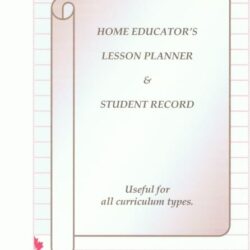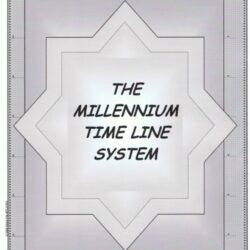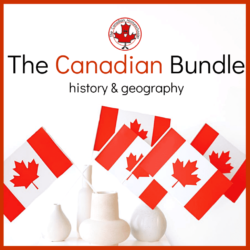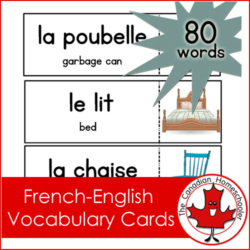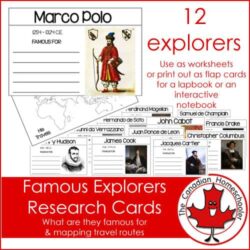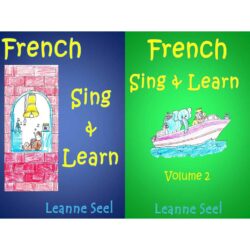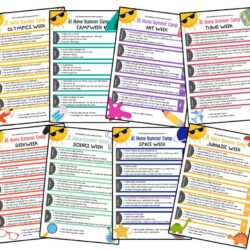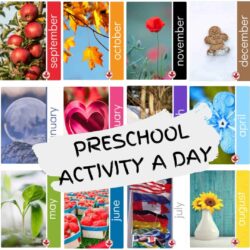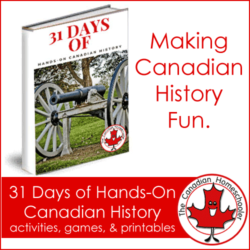Spelling lessons under your control lead to spelling mastery.
- Short conversational-style lessons written directly to the student allow him or her to work alone if s/he is capable. If not, the teacher can easily read and/or interpret lessons to the student. Text size is different for each Level. Here are sample lessons for Level 1 and for Level 4.
- One-page instruction sheets written to the student present the ICANSPELL and ICANSPELL AGAIN 5-step spelling study cycles in bullet form. These may also function as moveable bookmarks. ICANSPELL AGAIN is the part of the spelling study cycle where the student restudies words they did not learn the first (or subsequent) time it was taught in a lesson. You maintain control of difficult words by keeping them in the system until the student finally learns them! Instructions written directly to the student explain what to do with unconquered words. Details a slightly different 5-step process for studying the words again.
- Control sheets enable you to keep tabs on the student’s progress through lessons.
- Spelling lists and activities are presented on the same page as lessons so that everything can be seen at a glance. Students immediately see words that match the spelling rules taught.
- Lesson activities specifically reinforce the spelling concepts taught, eliminating the need to find or make up suitable ones. Activities are often artistic, inspired by something referred to in the lesson. For example, short a words may be printed on the student’s own drawing of a cat. Other lessons require making collages, writing sentences, highlighting specified portions of words, using a dictionary, etc.
- Spelling tests are set up so that the student can easily check his/her own spelling and carry misspelled words forward for re-study.
- Words misspelled on tests are added to follow-up worksheets and dictation pads so they may be studied again (and again, if necessary) until mastery is accomplished. No more losing sight of problem words! A reference system makes it easy to locate the original lesson in order to review spelling concepts.
- Additional words the student has trouble with from other study materials or that would serve as additional practice for a concept may be added to the follow-up worksheets and dictation pads.
- British spellings of words like honour/honor are included. You may require the student to learn either or both versions of such words.
- Two lessons in ICANSPELL Level 4 are devoted to Canadian provinces and territories and their capital cities.
- An alphabetical index and a word index are included with each Level, and an alphabetical index in which all levels are mixed together is included with the Combo package. In a word index, the words are alphabetized for each lesson separately–which is not necessarily the same order as presented in the spelling lists and dictation pads.
- ICANSPELL Generic is available for those who prefer to provide their own spelling lists and perhaps create their own lesson plans. The chief difference between ICANSPELL Generic and the ICANSPELL Levels is that you provide the word lists and activity ideas (if any), which makes it very handy to use with vocabulary lists found in unit studies such as my Readings in Canadian History product available on this site.
- Four ICANSPELL Levels are available. Students of any age can use them without embarrassment. (These lessons might be fun for remedial students as well as adults learning English as a second language.) Students may enter the ICANSPELL Level system wherever appropriate and progress through the Levels and lessons at their own pace. The ICANSPELL Lesson Placement Instructions will tell you how to use the ICANSPELL Placement Dictation Pad to determine which Level a particular student should start with. (Please note that when you purchase this product you receive all four levels plus the Generic form of ICANSPELL, so any reference to purchasing a level should be ignored. Also, the contact information there is out of date.)
CORRECT SPELLING OF WORDS
Why ICANSPELL?
Good spellers are usually those students who read a lot of excellent literature. They continually see the right way to spell words used in the right context and in the format of proper grammar. When it comes time for them to use those words in their own writing, it seems to come “naturally.” For those students, spelling tests are a joy if they don’t have to do a lot of unnecessary work beforehand. For other students–those who struggle continually with words–“spelling” is a word that conjures up ugly feelings. Both kinds of students are exposed mostly to the American spelling and rarely, these days, to Canadian (actually British) spelling of words such as honor/honour.
I never struggled with spelling as a child; in fact, I still have the trophy I won in my sixth grade district-wide spelling bee! I didn’t spell words correctly because I knew the rules; I spelled them correctly because I was a bookworm–and back then, our literature was of high quality. So I was fascinated when I discovered a book called “The ABC’s and All Their Tricks” by Margaret M. Bishop (published by Mott Media) that explains why our words are designed as they are. My own children weren’t spelling very well, and I wanted them to be able to spell specific words the Canadian way, so I decided to write spelling lessons for them based on what I learned from this book–modelling them somewhat after Becky Avery’s (Weaver Curriculum) “Success in Spelling” system. ICANSPELL is the result.


